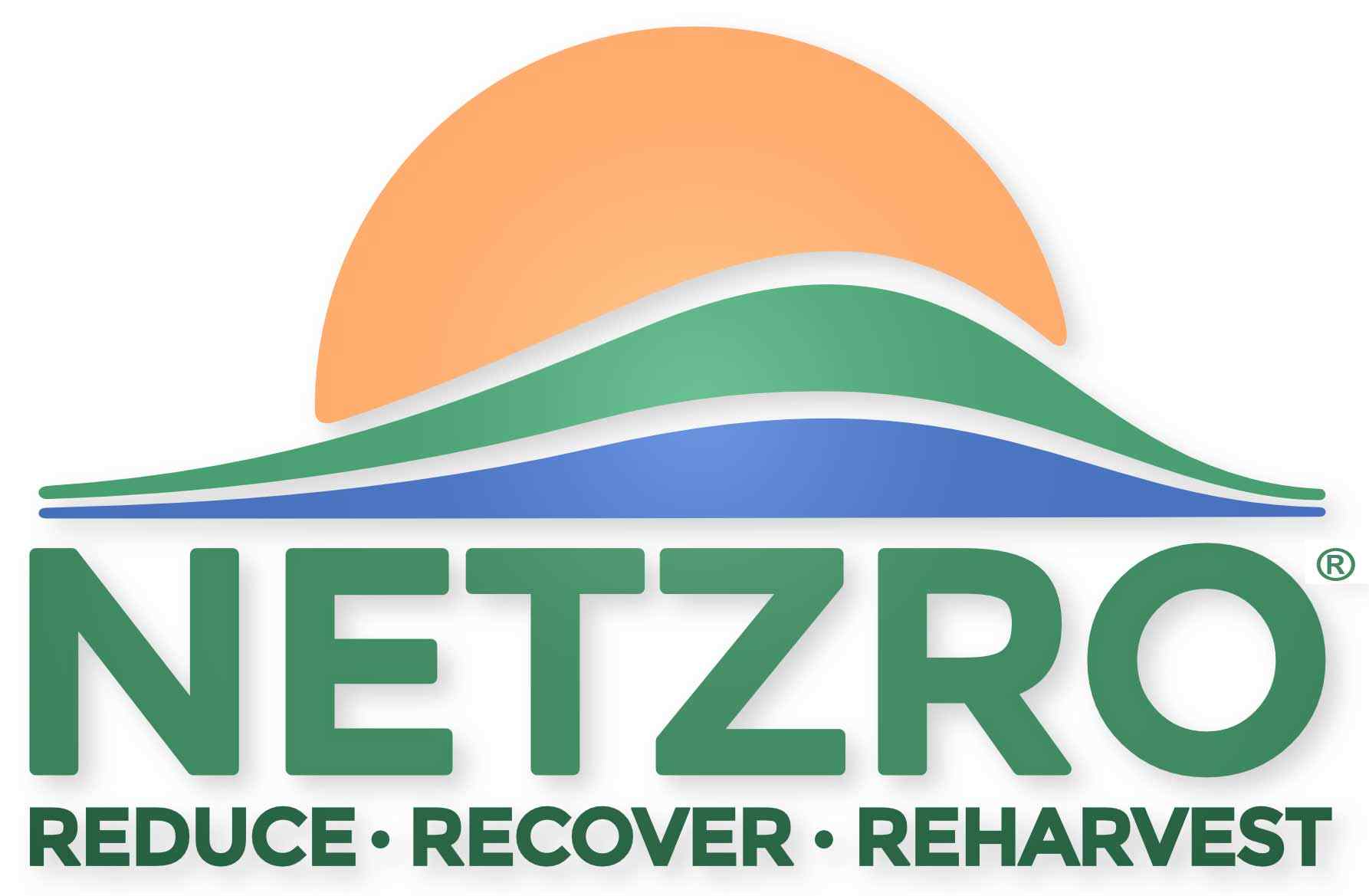The Incredible Edible Eggshell
When people think of eggs, they likely think scrambled, fried, or poached. Maybe they think of eggs for their use in baking as binding and leavening agents. As a baker, I know I think of the latter- or, given my work in a vegan bakery, I think of substitutes like flax eggs. But what about the part of eggs that we don’t typically think of as a consumable product: eggshells? I decided to embark on some research into another side of NetZro’s food waste processing to find out more.
I’m no scientist, but what I’ve gleaned from research is that the insides of an egg- the parts that humans consume- consist of the white and the yolk, which contain large quantities of protein, fat, and cholesterol. Eggshells, on the other hand, are comprised of an inner and outer membrane consisting of fibers. These fibers are composed mainly of proteins- about 10% of which are collagen proteins. Collagen is a protein that is structurally essential to human connective tissue. It accounts for roughly a third of the human body’s protein composition so it is often taken as a supplement to support joint, bone, and skin health. Collagen production is boosted by the presence of vitamin C, proline, glycine, and copper; for people looking to increase their collagen, it’s important to ensure high levels of these nutrients as well as adequate protein intake.
While there are some plant-based collagen supplements, the vast majority are derived from animal sources. The primary animal source of collagen is bovine, meaning protein sourced from the cartilage, joints, and bones of cattle. Other common sources include marine and poultry collagen. With some market development, an alternate source- and one potentially more desirable to many consumers- could be eggshells.
Marine and poultry collagen is the fastest-growing segment of the collagen industry. This indicates a shift in consumer preferences away from traditional bovine collagen. This shift- along with the rise of vegetarian diets- opens up the market for vegetarian collagen supplements. This is where NetZro comes in. Through its waste processing capabilities, it creates two value-added eggshell products: calcium carbonate from the eggshell and collagen protein from the shell membrane, both of which are suitable for animal and human consumption. Eggshell collagen could fall into the fast-growing poultry collagen segment with the additional benefit of being a vegetarian-friendly alternative.
With further development, eggshell collagen could have a lot to offer consumers in terms of benefits to skin, bone, and joint health- with the added perk of being one of the few vegetarian-friendly collagen options currently in development. And what about calcium, the mineral that comprises the other 90% of eggshell matter? There are ample opportunities there as well- but more on that later.
Sources:
https://www.healthline.com/nutrition/collagen
https://www.vitalproteins.com/blogs/stay-vital/is-collagen-vegan
www.apnews.com/Business%20Wire/17069a4429f448dd816c345edf7f14eb
